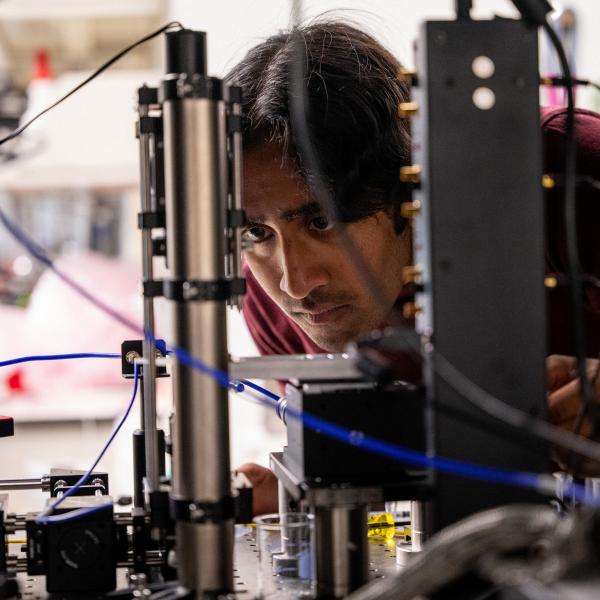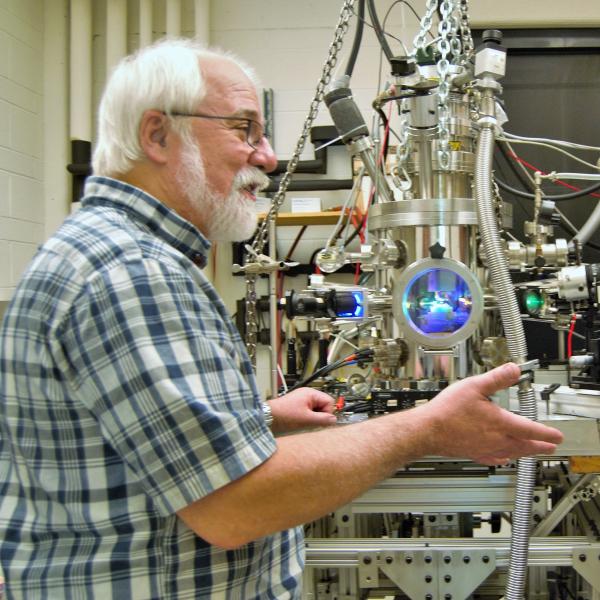Shankar Mukherji uses a combination of theory and experimental techniques from a systems and synthetic biology perspective to uncover the design principles that govern cellular function.
Arguably the grandest goal in cellular biophysics is the uncovering of design principles that govern all aspects of cellular function. Efforts in systems and synthetic cell biology have focused mainly on the design principles of gene expression and signaling systems. A quantitative understanding of eukaryotic cellular organization in space, however, would afford biophysicists and bioengineers with a powerful opportunity to predict how the physical architecture of the cell constrains and regulates fundamental life processes. To unleash this potential, it is imperative to understand one of the defining features of the eukaryotic cell: its organization into spatial compartments known as organelles.
Coordinating organelle abundance and activity with developmental and environmental cues is one of the chief ways the cell can match its biochemical capabilities with its physiological demands. How does the cell orchestrate flows of matter and energy to produce exquisitely defined organelles at the nanometer and femtoliter scales of a cell? Can we engineer the decision-making processes in the cell to control organelle copy number, size, and composition in vivo and can this allow us to rationally alter cellular metabolism and signaling toward desired goals?
Mukherji's group uses a combination of theory and experiment to uncover the design principles that control:
- how the cell regulates organelle biogenesis
- how, in turn, organelles communicate with the rest of the cell to regulate cellular physiology
Shankar completed his undergraduate degrees in mathematics and physics from MIT. He then obtained his doctorate in biomedical engineering from the Harvard-MIT Division of Health Science and Technology in the laboratory of Alexander van Oudenaarden. Prior to his arrival at Washington University, Shankar was a postdoctoral fellow with Erin O'Shea at the FAS Center for Systems Biology at Harvard.



